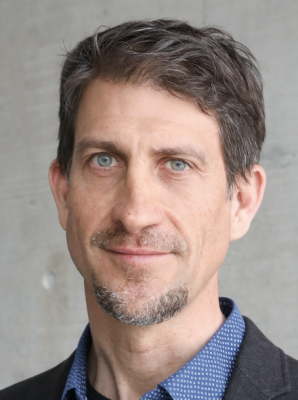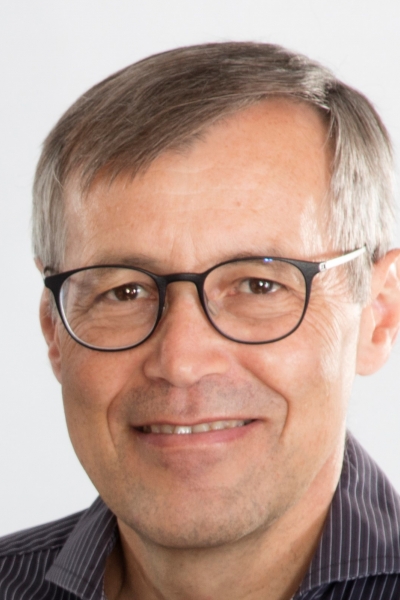Lunch Chat: Nonlinear Processing with Linear Optics and Optical Generative AI
Tue, 06.05.2025, online

We are pleased to announce and invite you to one of our weekly online zoom events.
Nonlinear Processing with Linear Optics and Optical Generative AI
As artificial intelligence (AI) use grows, the demand for computing resources has increased dramatically. For example, a large language model like ChatGPT, requires a large amount of computing power to operate. The server cost alone is $100,000 per day as it performs calculations on tens of thousands graphical processors (GPU). These costs are significant and highlight the need for more energy-efficient and cost-effective computing platforms for AI applications and future growth. Optical transceiver technology products using silicon photonics has been announced in March 2025 by NVIDIA to communicate between GPUs with more power efficiency and higher speed. In addition to communication, can Optics also be used efficiently to compute ?Optical computing hardware has several advantages, such as high bandwidth parallelism and energy efficiency. However, one major limitation is the implementation of nonlinear calculations in the optical domain. Current solutions for nonlinearity require the use of digital computers in conjunction with linear optical hardware, which is costly and inefficient in terms of energy consumption due to the costly and power-consuming Optical-Electrical-Optical (OEO) conversions that are required many times for large models. This has been the major limitation of the scalability of optical computing hardware.
We will discuss an approach that achieves the equivalent of optical nonlinearity by relying on multiple linear scattering off data encoded onto a spatial light modulator (SLM) that uses low optical power to effectively synthesize a nonlinear operation. By exploiting this relationship, arbitrary nonlinear transformations can be programmed digitally, and light effectively performs an all-optical computation without requiring electronic switching or high peak power to achieve non-linearity. We will show recent results in Optical Generative AI using this method.
Speaker

Prof. Dr. Christoph Moser, Laboratory of Applied Photonics Devices, EPFL
Christophe Moser is Full Professor of Optics in the Department of Electrical and MicroEngineering (IEM) at EPFL. He obtained his PhD at the California Institute of Technology in optical information processing in 2000. He co-founded and was the CEO of Ondax Inc (now Coherent Inc.), Monrovia California for 10 years before joining EPFL in 2010. His interests are Volumetric 3D printing, optical computing, ultra-compact endoscopy through multimode fibers. He co-founded Composyt light lab in the field of head worn displays in 2014 (acquired by Intel Corporation in 2015). He is the co-founder or EarlySight SA (2019), Readily3D SA (2020) and Modendo (2021). He is the author and co-author of over 100 peer reviewed publications and over 70 patents
Moderator

Dr. Christian Bosshard, Managing Director Swissphotonics
Dr. Christian Bosshard received his degree in Physics (1986) and his doctorate (1991, Silver medal award) from ETH. From 2001-2021 he was working at CSEM, first as Section Head and then as Vice President and Head Photonics. Since 2013 he is Managing Director of Swissphotonics. Christian is a Fellow of Optica, Board Member of EPIC, and Member of the Board of the University of Basel.
Date
Tuesday, 6 May 2024
Time
12:00 - 12:45
Software
Zoom
Costs
free of charge
Registration only necessary once
This event series requires registration (see link above). We will send you the access information (Zoom-link and ID) by email after the registration. As the Zoom link remains the same every week, you do not need to register again for the following meetings.
Contact
Prof. Dr. Christophe Moser
Laboratory of Applied Photonics Devices, EPFL
Contact Swissphotonics
Dr. Christian Bosshard
Managing Director Swissphotonics
+41 79 405 1826
12 November 2024, Christian Bosshard

